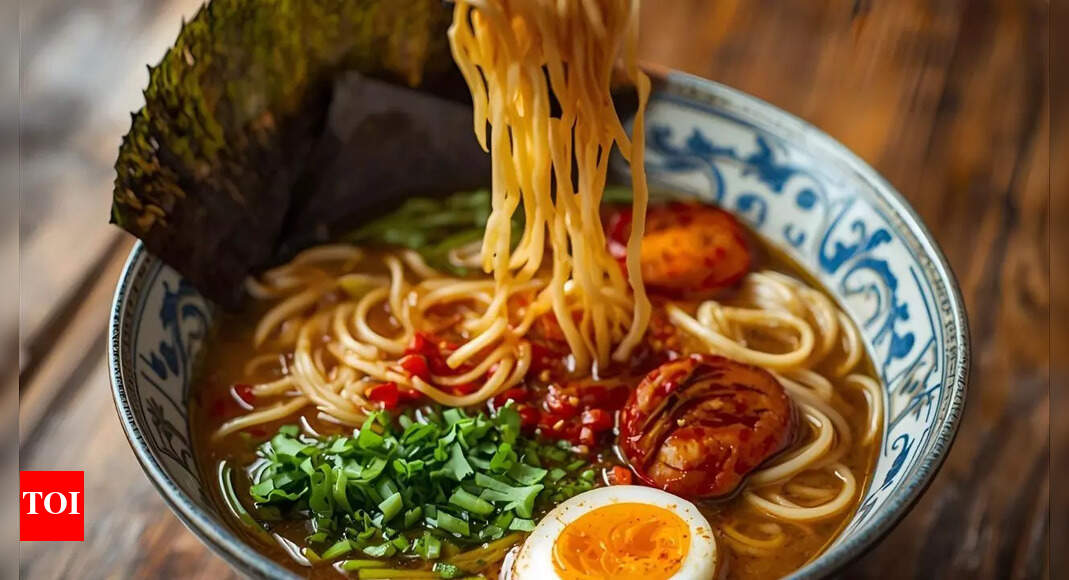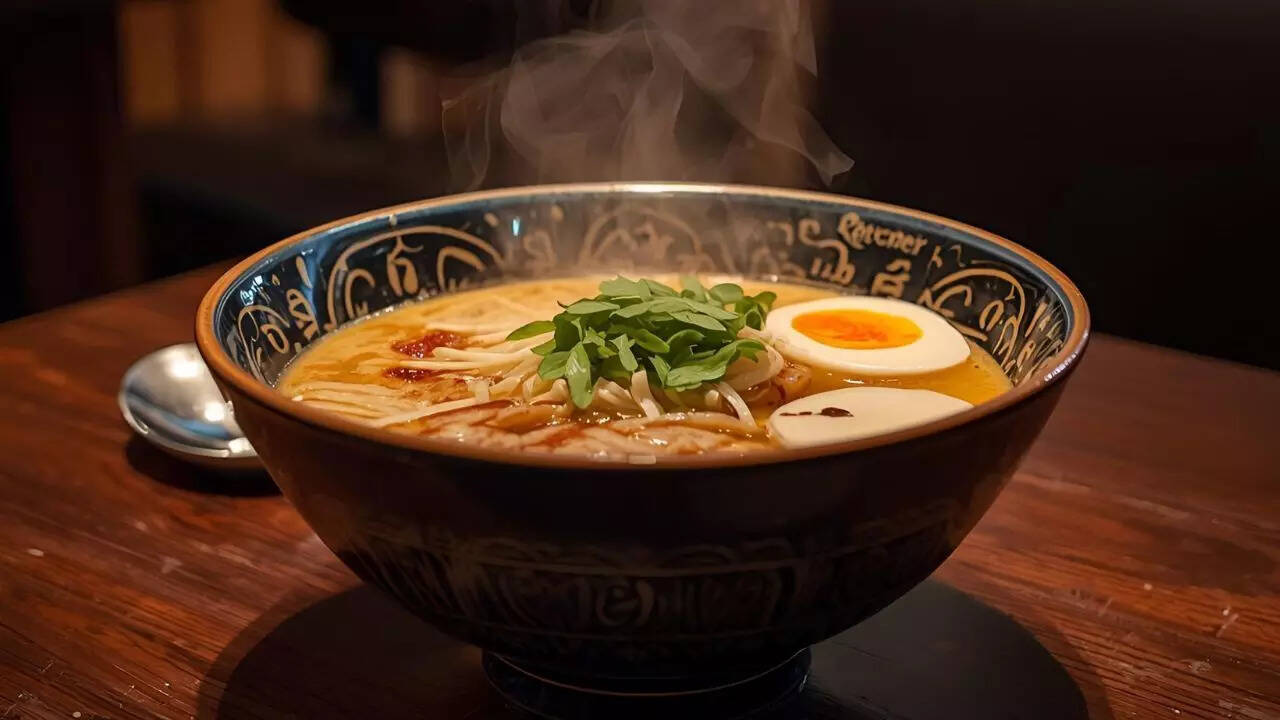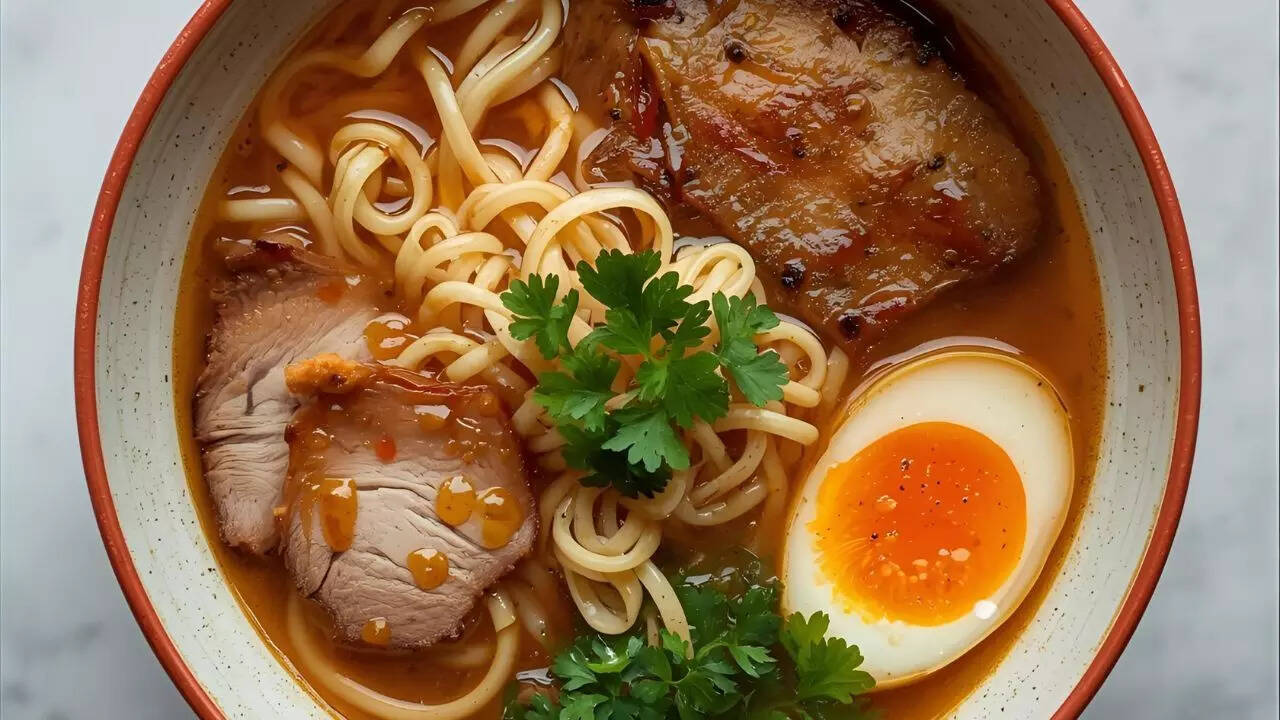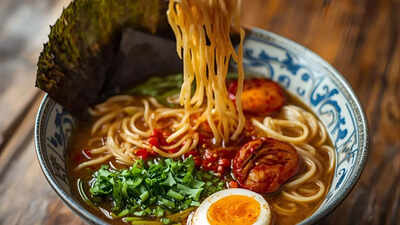
If you love a steaming bowl of ramen, you are not alone. That savory broth, tender noodles, and irresistible toppings make it the ultimate comfort food, especially on a cold day or after a long workweek. But recent research has sent a serious warning to ramen lovers: eating ramen too often and sipping the soup could increase the risk of early death.A study conducted by Yamagata University in Japan, published in the Journal of Nutrition, Health and Ageing, followed over 6,500 adults aged 40 and above for approximately 4.5 years. The research found that consuming ramen three or more times a week, especially when drinking the broth, was associated with a higher risk of early death, particularly among men under 70. High sodium content in the soup was identified as the main concern, increasing the chances of high blood pressure, stroke, and gastric cancer.Ramen does not have to be completely off-limits, but moderation is key. Knowing how to enjoy it safely, especially by limiting how much soup you drink, can help satisfy cravings while protecting your health.
Ramen consumption study reveals health risks
Researchers categorized participants based on how often they ate ramen. The groups included those who consumed it less than once a month, one to three times a month, once or twice a week, and three or more times a week. Over the 4.5-year study period, there were 145 deaths recorded, including 100 from cancer and 29 from cardiovascular disease.The results showed that participants eating ramen three or more times weekly, particularly when drinking most of the broth, had a significantly higher risk of early death. This clearly highlighted that the soup itself was the main factor contributing to health risks.
Why ramen soup increases health risks

While the noodles themselves are low in nutrients, the broth is rich in sodium and often contains preservatives or additives. Excessive sodium intake can lead to high blood pressure, stroke, and gastric cancer. Sipping the soup adds a large amount of salt to your daily intake, which, over time, can have serious consequences on cardiovascular health and overall longevity.By being mindful of how much soup you consume, you can reduce the health risks while still enjoying the flavor and comfort of ramen.
Who is most at risk from frequent ramen and soup consumption
The study found that men under 70 were particularly vulnerable to the risks associated with frequent ramen consumption. Men who also consumed alcohol regularly showed the strongest correlation with early mortality.Women and older adults were also affected, but the risk was highest in younger men. This indicates that lifestyle factors combined with high sodium intake can accelerate health risks.
How to enjoy ramen safely and reduce health risks

Ramen does not have to be completely off-limits. There are practical ways to enjoy it safely:
- Limit frequency: Consume ramen no more than once a week.
- Sip less soup: Avoid drinking the majority of the broth to reduce sodium intake.
- Add vegetables and lean protein: Boost the nutritional value of your meal.
- Cook at home: Homemade broths with fresh ingredients and less salt are a healthier alternative.
- Stay active: Regular exercise can help counteract some effects of high sodium intake.
These simple adjustments allow ramen lovers to enjoy their favorite comfort food without compromising long-term health.Ramen is a delicious and satisfying meal, but eating it too often and sipping the salty broth can increase the risk of high blood pressure, stroke, gastric cancer, and early death. By moderating consumption, leaving most of the soup behind, and making healthier choices when preparing or ordering ramen, you can continue to enjoy it safely.Understanding the findings of this study empowers ramen lovers to balance indulgence with health. Enjoy your noodles mindfully, savor the flavors, and protect your wellbeing for years to come.Disclaimer: This article is for general informational purposes only and is not a substitute for professional medical advice, diagnosis, or treatment. Always seek the guidance of a qualified healthcare provider regarding any medical condition or lifestyle change.Also read| How to make pure desi ghee from malai at home








